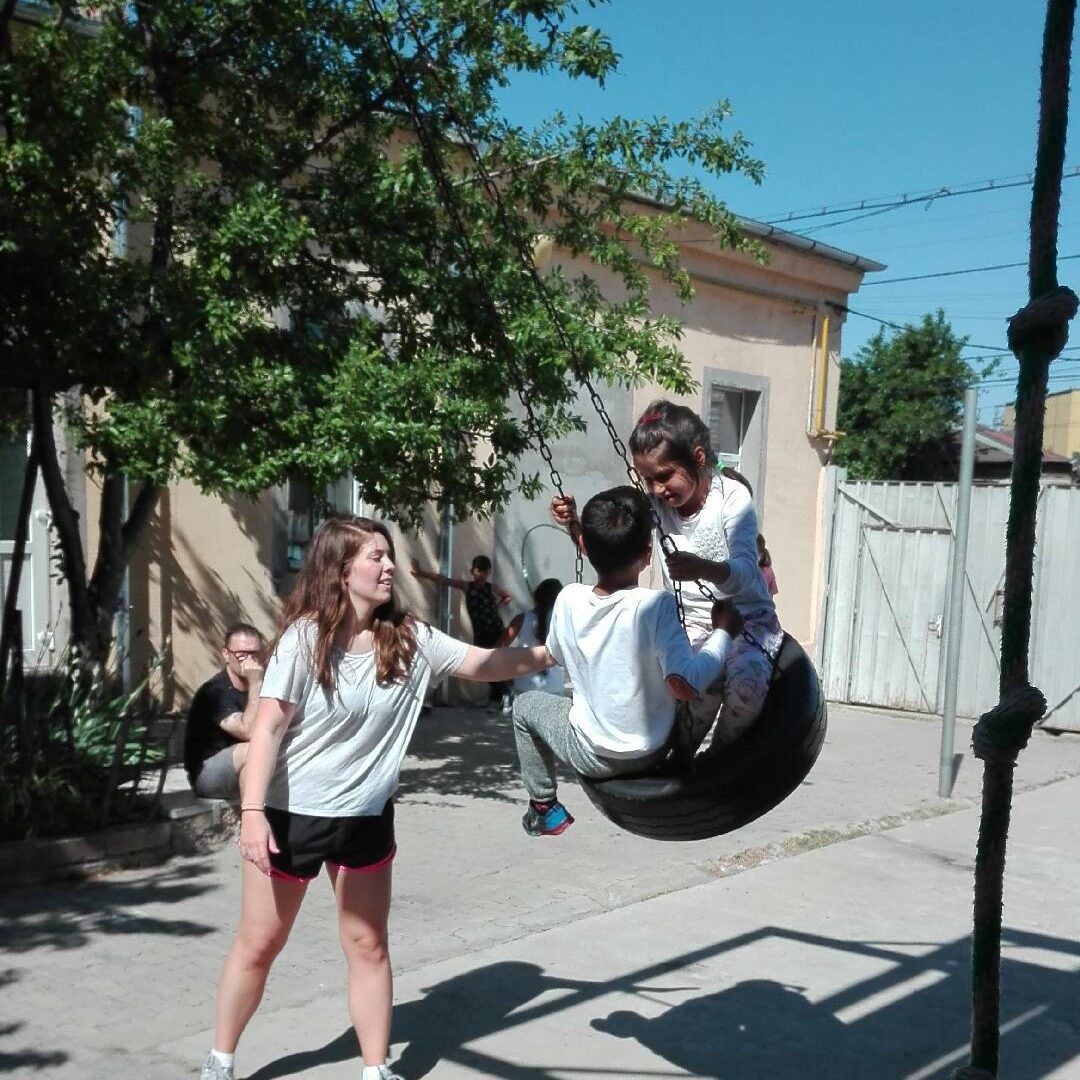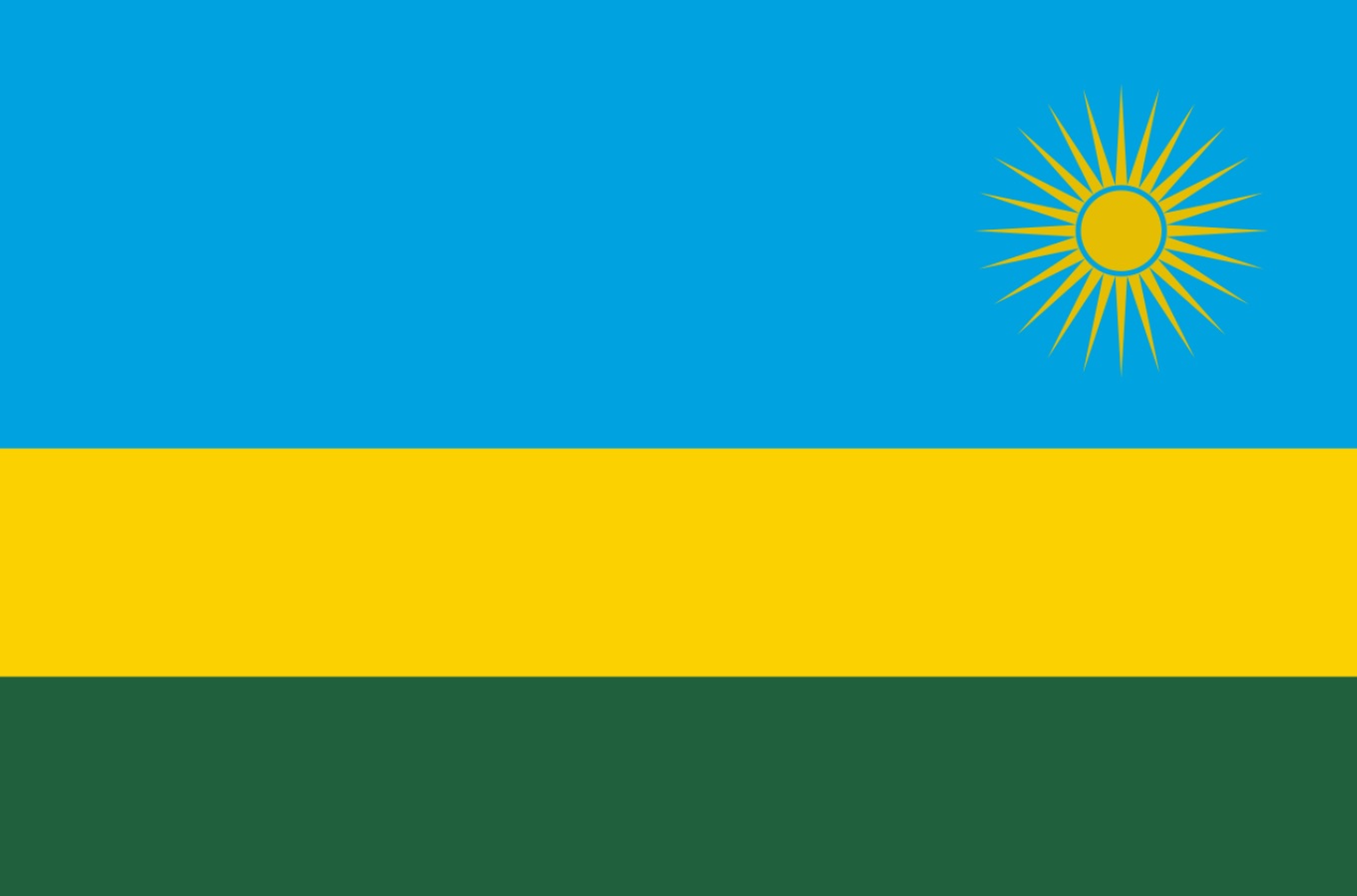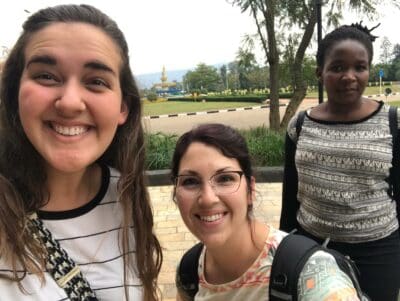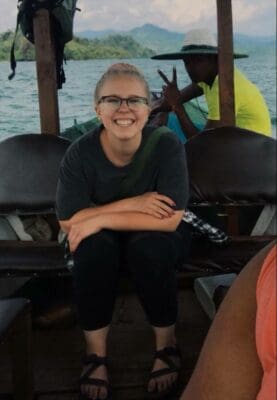
Study Abroad in Galati, Romania
Join Word Made Flesh Romania for a new kind of study abroad experience! Be transformed as you are a part of transforming the lives of others. Building new friendships, investing yourself in the lives of the vulnerable, and seeking God in the context of poverty will forever transform your life.
Settle into life in Galati, an industrial city on the Danube River in the east of Romania. Learn about post-communist Romania, its current social and cultural situation, and Christian responses. Engage a people formed by the traditions of Eastern Orthodoxy and the culture of secularism. Visit communist remnants like Ceausescu’s House of the People, cultural sites like northern Romania’s medieval Orthodox monasteries, and the beautiful landscapes of the Carpathian mountains and Danube River. Journey to one or more of the following countries to compare post-Communist contexts: Serbia, Republic of Moldova or Russia.
Serve Jesus among the poorest of the poor. Interact with experienced Christian workers, with vulnerable friends who confront marginalization, and with those suffering the effects of transition from communism to capitalism. Live with a Romanian host family. Experience Romanian culture and learn the Romanian language (which will come quickly to those who already have some familiarity with other Latin languages like Spanish and French).
Serve in Community Centers and be involved in impoverished neighborhoods. Explore different approaches to cross-cultural mission, spiritual formation, community development and ministry among the poor and experience transformation. Put your knowledge into practice. Your practicum will run for the whole duration of the semester.
The student will study the following courses:
- Romanian Language Learning
- Society and Challenges in a Post-Communist Context
- The Church and Christian Approaches to Poverty
- Spiritual Formation in Missional Community
- Cross-Cultural Practicum – organized based on the student’s interest and focus of study, which include: Christian ministry and mission, social work, education, NGO management, international studies, health care, community development, job creation, urban farming, and Eastern European studies.


Study Abroad in Kigali, Rwanda
Join Word Made Flesh Rwanda for a new kind of summer study abroad experience! Be transformed as you dive deep into a study of poverty and community development and engage daily in missional community among the most vulnerable. Engage Rwandan culture through hands-on study, and daily life with a local host family. Transform your worldview as you build new friendships, invest in the lives of the vulnerable, and seek God in the context of poverty.
Apply for Study Abroad
Application Instructions:
- Fill out the Study Abroad Application
- Send an updated resume and photo of yourself to opportunities@wordmadeflesh.com (your resume should include education, work experience, skills and references)
- You must also send out three electronic reference forms to the following: a professional (job) reference, a pastor or spiritual mentor, and a personal friend.
- Once we receive this application, your resume, application fee, and reference forms we will contact you as soon as possible.
Are you a Study Abroad Director at a university and interested in partnering with Word Made Flesh about this opportunity? Please contact David Chronic (david.chronic@wordmadeflesh.com) to start this process.


